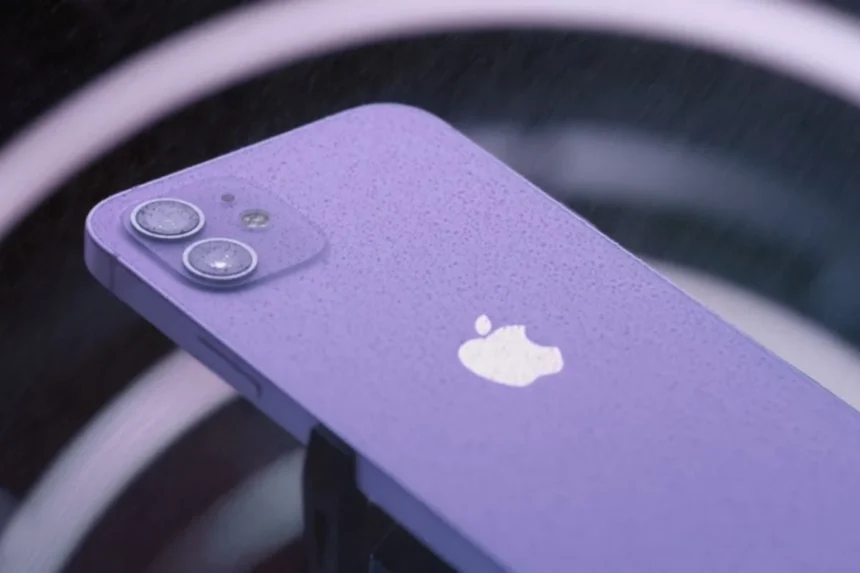The tech world witnessed a historic shift in 2023 as Apple wrestled the crown of global smartphone leadership away from long-time reigning champion, Samsung. This milestone, fueled by strategic maneuvers and market trends, marks a turning point in the smartphone landscape, raising questions about the future of the industry and the evolving preferences of consumers.
A Shifting Landscape: From Android’s Ascendancy to Apple’s Ascent
For over a decade, Samsung dominated the global smartphone market, capitalizing on its diverse portfolio catering to various price points and preferences. Their Android-powered devices offered an open ecosystem and hardware innovation, resonating with a broad spectrum of users. However, the tides began to turn in 2023.
Apple, known for its premium iPhones and tightly controlled iOS ecosystem, saw a surge in popularity. This can be attributed to several factors:
- Continued iPhone Success: The iPhone 14 series, particularly the Pro models with their camera advancements and powerful A16 Bionic chip, garnered positive reviews and strong sales.
- Loyalty Lock-in: Apple’s loyal customer base, drawn to the seamless integration within its ecosystem, remained a strong driving force.
- Strategic Trade-in Offers: Aggressive trade-in programs enticed Android users to switch to iPhones, further eroding Samsung’s market share.
According to market research firms IDC and Canalys, Apple shipped an estimated 234.6 million smartphones in 2023, edging out Samsung’s 226.6 million. While the margin may seem slim, it represents a significant symbolic victory for Apple and a turning point in the industry.

Beyond the Numbers: Unpacking the Reasons for Apple’s Rise
Several factors beyond mere sales figures contributed to Apple’s rise:
- Premiumization Trend: The overall smartphone market witnessed a shift towards premium devices, a segment where Apple traditionally holds strong ground.
- Privacy Focus: Apple’s emphasis on user privacy resonated with consumers increasingly concerned about data security.
- Innovation Push: Apple’s continued investment in R&D, evident in features like the Dynamic Island and improved camera systems, kept its devices competitive.
While Apple has claimed the top spot, it’s not a definitive victory. The smartphone market remains fiercely competitive, and both Apple and Samsung, along with other players, are constantly innovating and adapting. Consumers stand to benefit from this rivalry, with access to a wider range of devices and features at potentially more competitive prices. Ultimately, the battle for smartphone supremacy is far from over, and the future of the industry promises to be an exciting, ever-evolving landscape.



